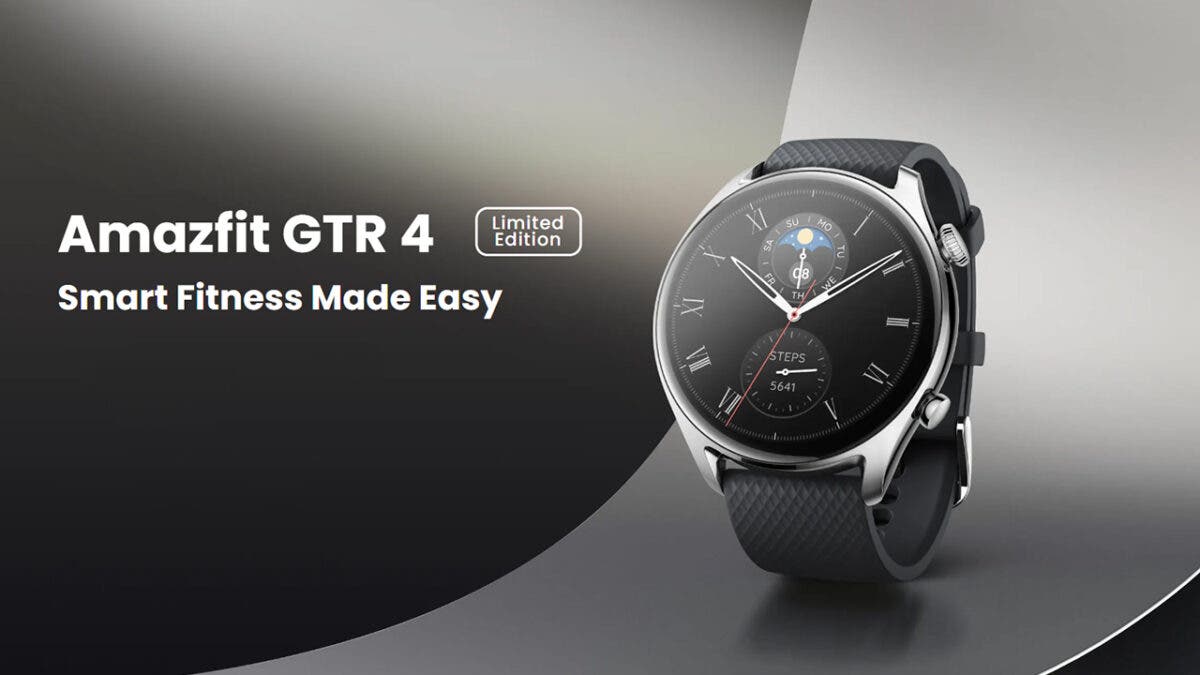[ad_1]
Research shows that 60% of people experience nosebleeds at least once in their lifetime, so they’re fairly common. If you’ve had one, you’re certainly not alone! So, what’s happening when your nose bleeds?
There are lots of blood vessels on the inside of your nose, and the lining can be quite sensitive which makes it susceptible to damage. When the inner tissue of your nose is damaged, it can bleed, which results in nosebleeds. Nosebleeds are also known as epistaxis, which is just the medical name for them.
There are two types of nosebleed: an anterior nosebleed and a posterior nosebleed. An anterior nosebleed comes from the front, lower part of your nose and tends to be less serious. A posterior nosebleed comes from further back, deeper inside your nose, and can potentially be more serious.
Lots of people experience nosebleeds when they’re stressed, so it’s natural to assume that the two are linked. The question is, does stress actually cause nosebleeds? Let’s take a look.
How Stress Causes Nosebleeds

Research shows that nosebleeds are more common in people who regularly experience high levels of stress and anxiety.
However, evidence suggests that stress isn’t a direct trigger, and instead is an indirect trigger. This means that other things that happen in the body when you’re stressed, or actions you take as a result of the stress, likely lead to the nosebleed.
Below are some common indirect causes of nosebleeds that happen when we’re stressed:
Nose Blowing, Rubbing, or Picking

When we’re stressed, we often fiddle or fidget more. This might include rubbing your nose or even blowing or picking it more often than you usually would (yes, we all pick our nose sometimes).
If you struggle with anxiety, this can be even more common. Research shows that anxiety and mental illness can lead to rhinotillexomania, which is compulsive nose-picking.
Picking your nose can irritate the inside of your nose or cause injury, which can result in nosebleeds. Rubbing and blowing your nose excessively can have a similar negative effect.
High Blood Pressure
High blood pressure (also known as hypertension) can happen when you’re stressed, which is a normal part of the stress response. However, if the stress response is prolonged, the associated prolonged hypertension can cause a range of health issues.
Research on high blood pressure causing nosebleeds is mixed. Some medical professionals feel that hypertension can make the blood vessels in your nose more prone to damage, while others feel that the two factors aren’t linked at all.
Lower Immune System

When you’re stressed, your body’s immune system is lower which makes you more likely to get illnesses such as colds, flu, or allergies.
Clinical immunologist Leonard Calabrese explains that “stress decreases the body’s lymphocytes — the white blood cells that help fight off infection. The lower your lymphocyte level, the more at risk you are for viruses”.
Viruses and allergies often increase mucus production (leading to more nose-blowing) and irritate the nose, which can contribute to nosebleeds.
Insomnia
It can be difficult to sleep when you’re stressed, so insomnia is common. Unfortunately, insomnia can worsen stress. In turn, stress lowers your immune system as we’ve discussed, which can lead to colds and flu, and nosebleeds!
Smoking, Alcohol, and Drugs

If you smoke, drink alcohol, or take drugs, it’s common to increase these habits when you’re stressed in an effort to help yourself cope. This is understandable but can lead to health issues.
Smoking can lead to your nasal passages becoming dry, cracked, and irritated, which increases your risk of a nosebleed.
Excessive alcohol use and the use of drugs can cause dehydration and other health issues which can contribute to nosebleeds.
Crying
If you’re stressed, you might be overwhelmed and more emotional, making you more likely to cry. This is totally valid and nothing to be ashamed of (we’ve all been there).
Crying a lot can cause congestion which can irritate your nose (again, you might end up blowing or rubbing your congested nose more often). This can all contribute to nosebleeds.
Headaches
Some research suggests that people with migraines may experience more nosebleeds. However, in general, research suggests that headaches and nosebleeds occur together due to another common cause, for example, an illness, being in a dry environment, dehydration, or physical trauma.
What You Can Do About It

Now we know how stress can lead to nosebleeds, let’s take a look at what you can do about it.
Deal With the Nosebleed
Firstly, if you’re having a nosebleed, it’s important to deal with it quickly. Seeing blood coming from your nose can be alarming, but it’s really important that you stay calm.
Go to a quiet place if possible. Sit upright with your body and head slightly forward to stop the blood from going down your throat.
Breathe through your mouth and pinch the soft part of your nose against the bony part (the ridge of your nose). This applies pressure and helps to stop the bleeding.
Keep your nose pinched for five minutes then check to see if the bleeding has stopped. If not, pinch it again for ten minutes. Once the bleeding has stopped, be gentle with your nose, avoiding rubbing and blowing, for a few days.
If the bleeding doesn’t stop after 15 to 20 minutes, call 911 or go to the hospital. If you feel you’re losing a large amount of blood, or you have other symptoms such as vomiting, confusion, or difficulty breathing, call for help.
Figure Out the Cause

If you find you’re having regular nosebleeds, try to figure out the cause. Think about whether it could be indirectly related to stress, or if there may be another cause. This way you can tackle the issue.
If you think it’s a physical cause or if you’re unsure, check with your doctor to help you get things back on track.
Reduce Stress
If you think stress is contributing to nosebleeds, don’t worry: there are lots of ways you can reduce stress in your life!
Deal with stressors head-on so you can feel more in control. Try to achieve a better work and life balance, so you have time to relax.
Surround yourself with positive people who make you feel accepted and who encourage you. Spend more time doing things you love, and be kind to yourself.
Check out our guide to living a stress-free life for more tips on reducing stress.
Practice Mindfulness

Mindfulness is gaining more and more attention and with good reason! The practice of mindfulness allows you to be present in the moment and has a ton of proven benefits.
Regular mindfulness practices are proven to reduce stress, promote a sense of calm, and improve your mood. Find out more about the benefits of mindfulness in our guide.
You can use mindfulness to help manage stress in your life which in turn can reduce nosebleeds. You could even use a quick grounding exercise (like the one included below) if you’re actively having a nosebleed to help you stay calm.
Do Exercise
Doing regular exercise can help to keep stress and anxiety levels low. It can even help your mind function better in stressful situations, which is pretty impressive.
This is because during exercise levels of stress hormones are reduced. Meanwhile, levels of ‘feel-good’ hormones are increased, helping you to regulate your mood and making you feel happier.
For a lot of people, exercise can feel like a chore, but the best thing is that there are so many different types of exercise, so you can experiment to find something you actually enjoy. You don’t have to go to the gym or run marathons to get the benefits of exercise: anything that gets you moving your body and that makes you feel good works.
Prioritize Sleep

You’ll know how important sleep is for your mind and body, but getting regular sleep is also key to coping with stress. Getting the right amount of good quality sleep keeps stress in check and helps you to regulate your emotions when you do face stressful situations.
Sleep hygiene is an effective, simple way you can improve your sleep at home. Sleep hygiene simply means positive habits that help you to sleep better, for example, having a regular sleep schedule, making your bedroom a calming place, and making sleep a priority. Here are some more tips for better sleep.
Reduce Stress and Nosebleeds
By following these basic tips it’s possible to reduce stress in your life and potentially reduce the chances of nosebleeds. Don’t forget, if you’re having regular nosebleeds and you’re concerned about your health, it’s always best to check in with your doctor.
1. Murray LW (2019), “The Psychiatric Aetiologies of Epistaxis.” J Otolaryngol Rhinol 5:056.
2. Cleveland Clinic, (2019), “Nosebleed (Epistaxis)”.
3. C/V ENT Surgical Group, (2019), “Stress Effects: Can Stress Cause Nosebleeds?”
4. Cleveland Clinic, (2017), “What Happens When Your Immune System Gets Stressed Out?”
5. Amanda Barrell, (2018), “What causes a nosebleed at night?” Medical News Today.
6. Jenna Fletcher, (2019), “What can cause a headache and a nosebleed?” Medical News Today.
7. Mindful, (2022), “How to Manage Stress with Mindfulness and Meditation”.
[ad_2]
Source link















